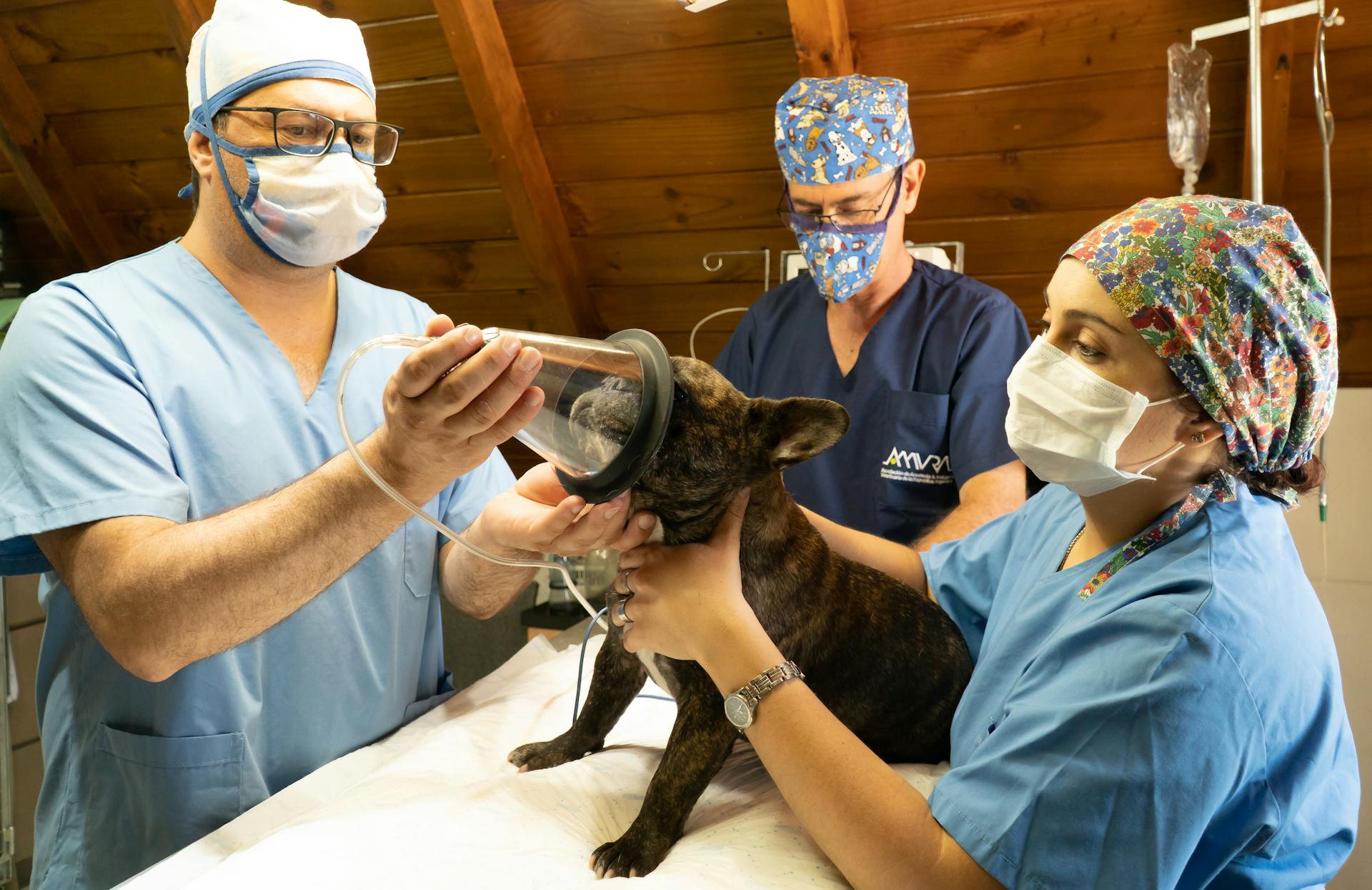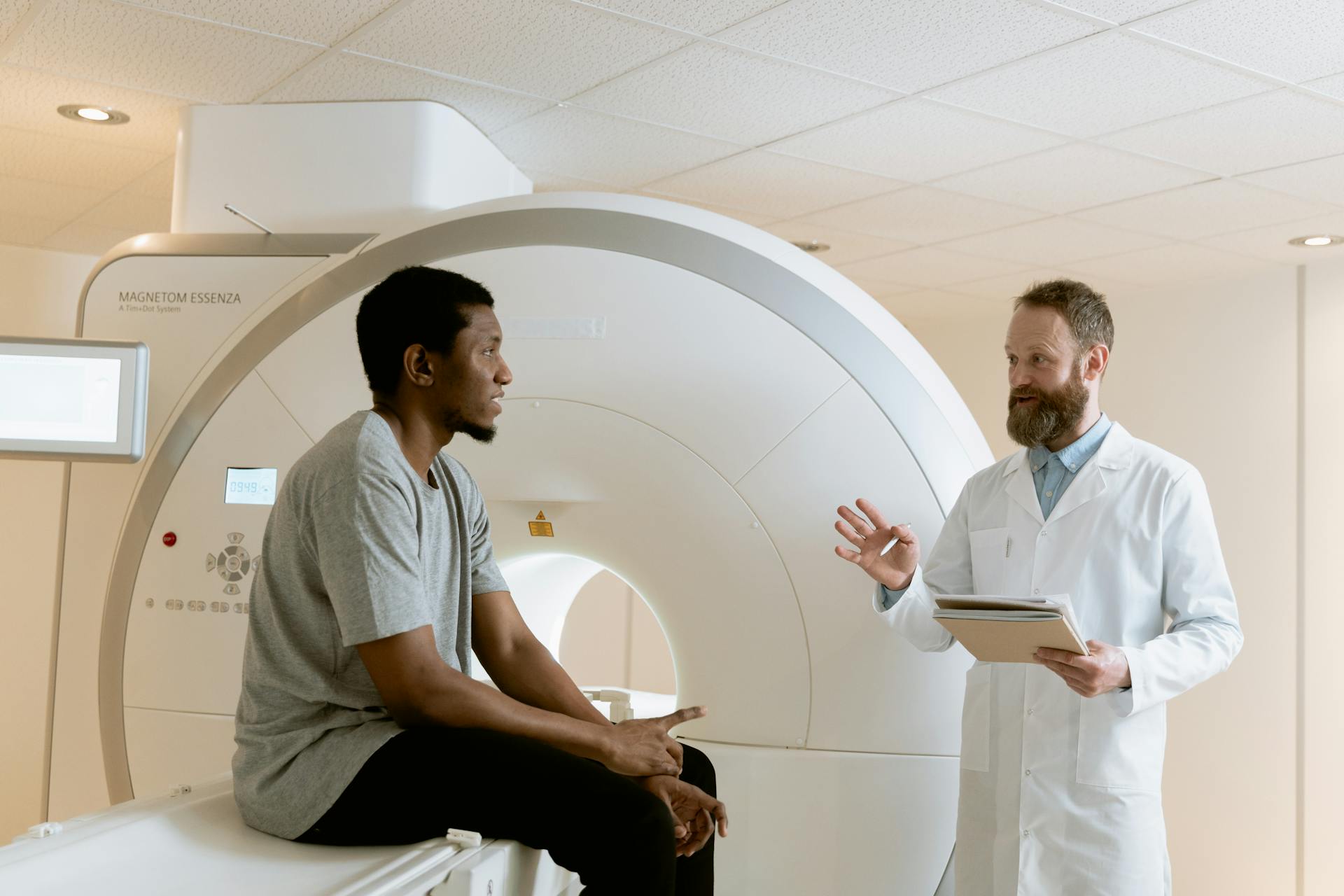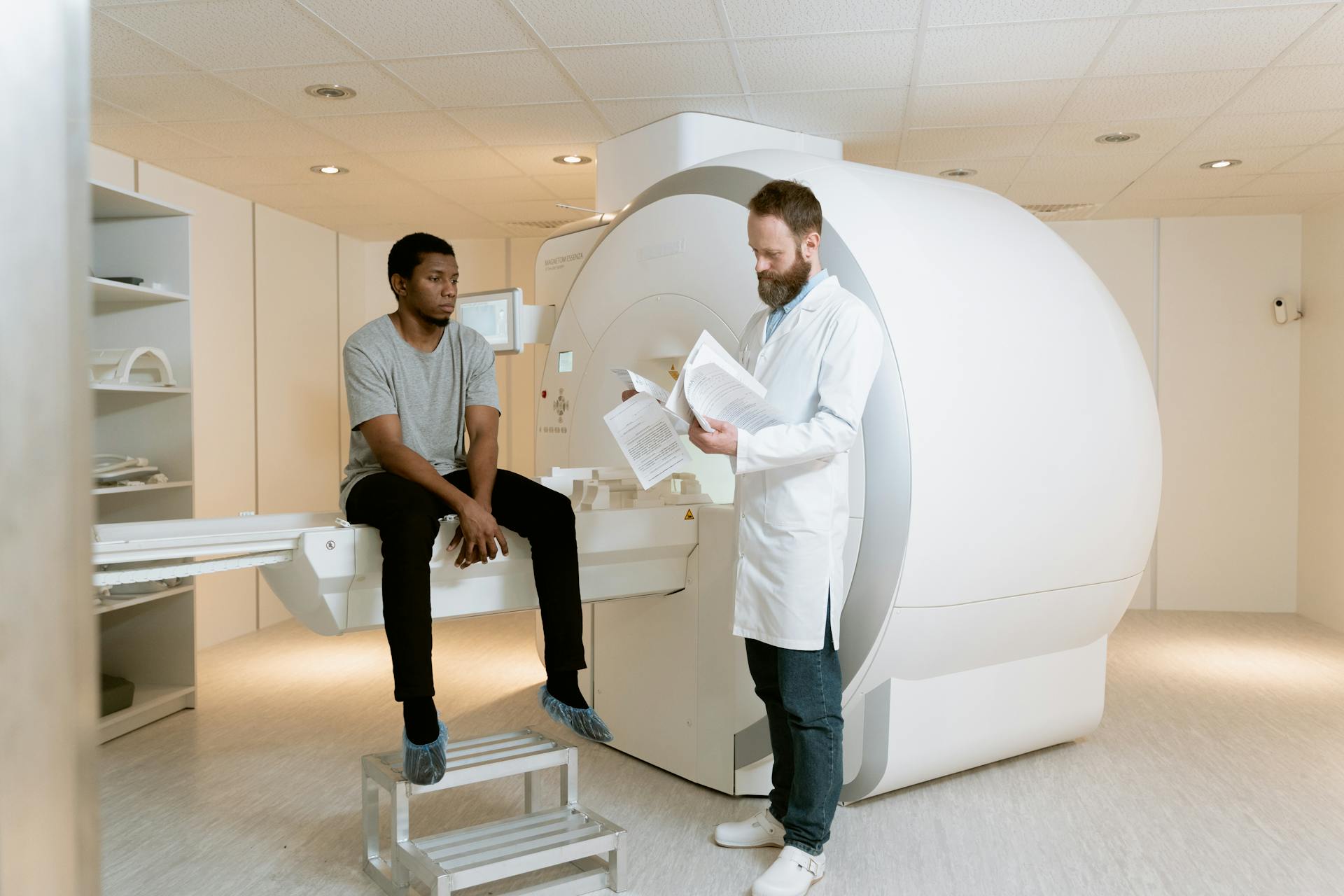
Pyometra in cats surgery can be a costly procedure, but understanding the factors that affect the price can help you prepare for the expenses. The average cost of surgery can range from $500 to $2,000 or more, depending on the severity of the condition and the location where you live.
The cost of surgery is influenced by the complexity of the procedure, with more involved surgeries costing more. Factors such as the veterinarian's expertise, the hospital's overhead costs, and the location's cost of living also play a role in determining the final price.
What is Pyometra in Cats?
Pyometra in cats is a serious medical condition where a bacterial infection causes a buildup of pus in the uterus.
The infection is usually caused by bacteria such as E. coli or Staphylococcus aureus.
A cat with pyometra will likely show signs of illness, including vomiting, lethargy, and loss of appetite.
Causes of Pyometra
Pyometra is a serious health issue in cats, and understanding its causes is crucial for prevention and treatment.
Spayed cats are less likely to develop pyometra, as spaying removes the uterus and eliminates the risk of infection.
However, if your cat has not been spayed, she is at higher risk of developing pyometra, especially as she ages.
Hormonal changes, particularly an increase in estrogen levels, can cause the uterus to become thickened and more susceptible to infection.
In cats with uterine cancer, pyometra is a common complication, as the infection can spread to the surrounding tissues.
In addition, cats with a history of urinary tract infections or kidney stones are also at higher risk of developing pyometra.
Cats that are not receiving regular veterinary care are also more likely to develop pyometra, as undiagnosed infections can spread and become more severe over time.
The risk of pyometra increases with age, with most cases occurring in cats over the age of 10.
Symptoms of Pyometra
Pyometra is a serious condition that can affect your cat's health, and it's essential to recognize the symptoms early on.
The most common symptom of pyometra is a bloody discharge from the vulva, which can be a sign of a life-threatening infection.
Vaginal discharge can be a normal occurrence in cats, but in the case of pyometra, it's usually accompanied by other signs such as vomiting, lethargy, and loss of appetite.
Your cat may also exhibit abdominal pain, which can cause them to vocalize more than usual or show signs of discomfort when touched.
In severe cases, pyometra can lead to sepsis, a potentially life-threatening condition that requires immediate veterinary attention.
If you notice any of these symptoms, it's crucial to seek veterinary care right away to prevent further complications.
Take a look at this: Open Pyometra Dog Discharge
Surgery Cost
The cost of surgery to treat pyometra in cats can be a significant concern for many pet owners.
The overall cost of pyometra surgery in cats can range from $500 to $2,000 or more, depending on the severity of the condition and the location where the surgery is performed.
A spay surgery, which is often necessary to prevent future pyometra occurrences, can cost anywhere from $300 to $1,000.
In some cases, additional costs may be incurred for hospitalization, pain medication, and follow-up care, which can add up to an extra $200 to $500.
Factors Affecting Cost

The cost of surgery can vary greatly depending on several factors. The location of the hospital or clinic can significantly impact the overall cost, with urban areas tend to be more expensive than rural ones.
The type of procedure is also a major cost factor, with complex surgeries like organ transplants costing much more than minor procedures like skin biopsies. The cost of a skin biopsy can range from $500 to $2,000.
The experience and qualifications of the surgeon can also affect the cost, with board-certified specialists often charging higher fees than general practitioners. A surgeon's experience can also impact the cost, with more experienced surgeons often charging higher fees.
The length of the hospital stay can also impact the overall cost, with longer stays costing more than shorter ones. The average hospital stay for a surgical procedure can range from a few days to several weeks.
The cost of anesthesia and medical equipment can also add to the overall cost of surgery. The cost of anesthesia can range from $500 to $2,000, depending on the type and duration of the procedure.
Average Cost of Surgery

The average cost of surgery can vary widely depending on the type of procedure, location, and surgeon.
A simple cataract surgery can cost anywhere from $2,500 to $3,500 per eye.
In contrast, more complex procedures like joint replacement surgery can cost upwards of $50,000 to $100,000 or more.
The cost of surgery is not just about the procedure itself, but also about the hospital stay, anesthesia, and follow-up care.
On average, a patient can expect to pay around $10,000 to $20,000 for a hospital stay after surgery.
Program
The Windsor/Essex County Humane Society offers a surgical pyometra treatment program for eligible cats, with a cost of $300 for surgery. This program aims to bridge the gap for pet owners who cannot afford the required emergency surgery.
Pet owners must apply to the program, which considers medical condition, prognosis, and available resources. Applications are accepted from owners whose cat has been diagnosed with pyometra by their regular veterinary hospital.
The program offers life-saving surgery for eligible patients, but excludes additional follow-up hospitalization or treatment if needed. In such cases, the pet owner will be referred back to their primary veterinary hospital.
Payment is required at the time of admission to the program, and can be made by cash, debit, Visa, or Mastercard.
Frequently Asked Questions
What are the odds of survival after pyometra surgery?
Survival rates after pyometra surgery are high, ranging from 92% to 98% in various studies. With proper care, patients can expect a good prognosis and rapid improvement in their health status.
Featured Images: pexels.com


